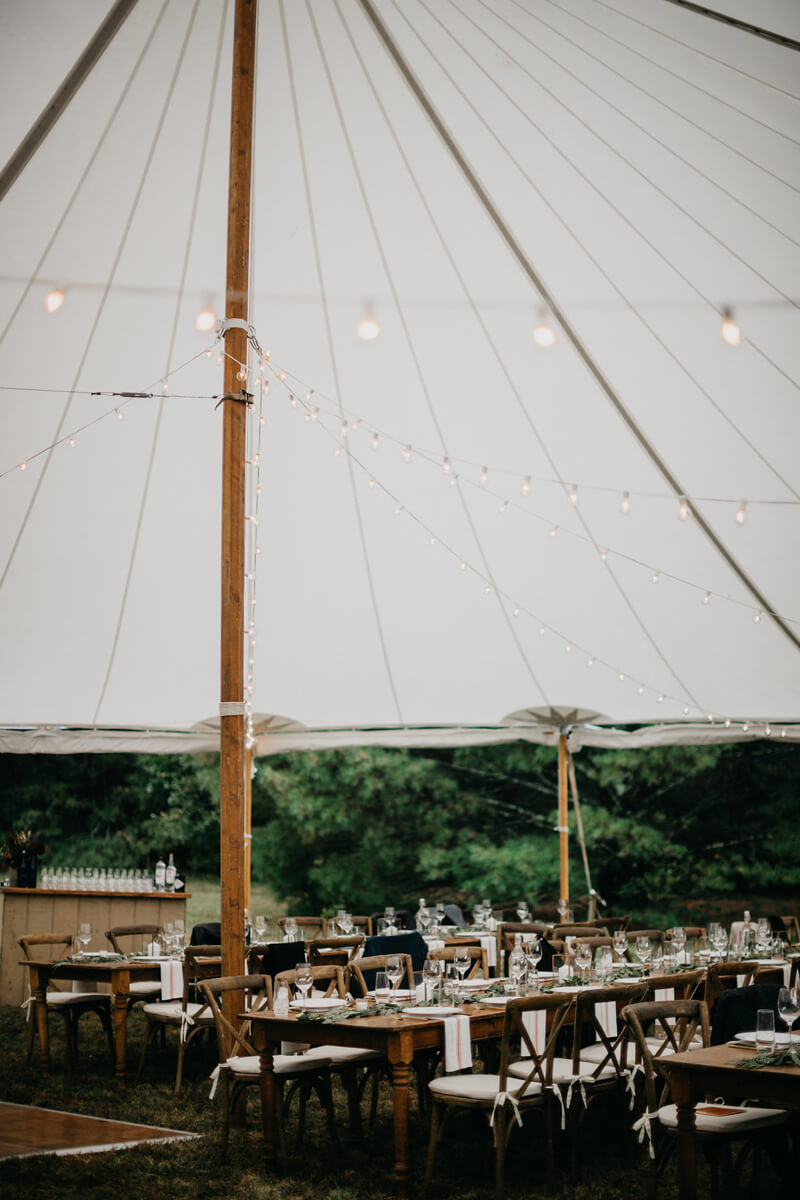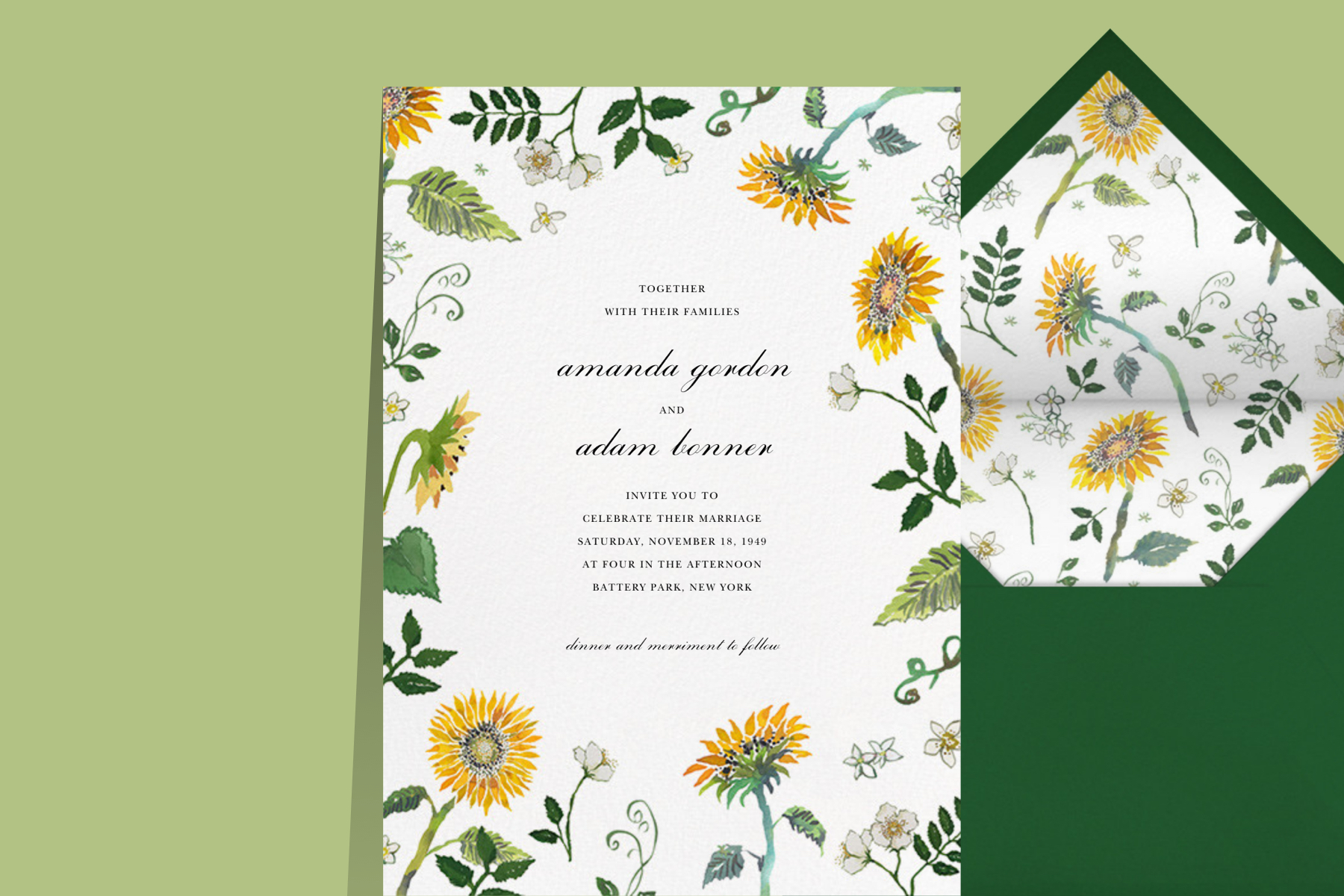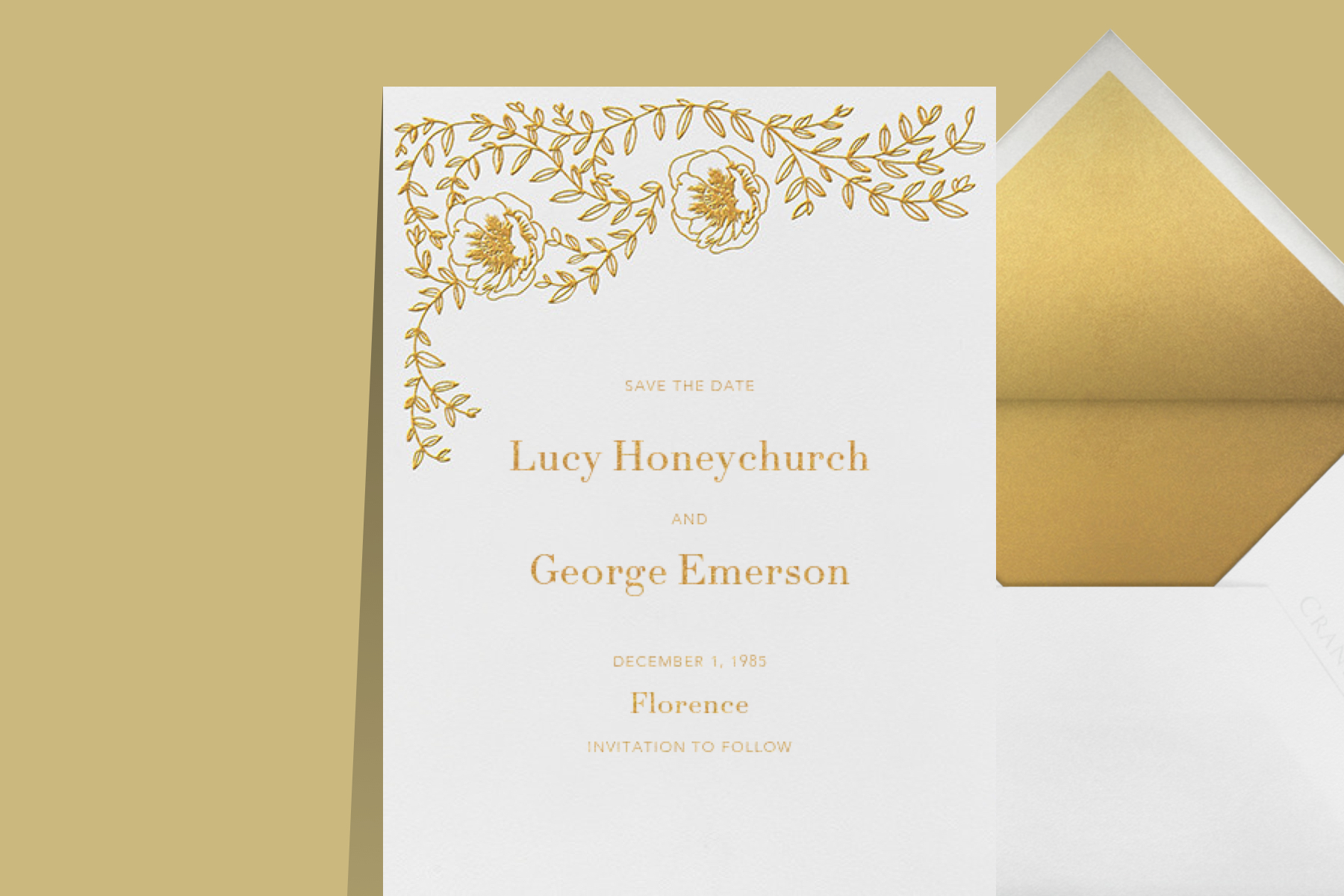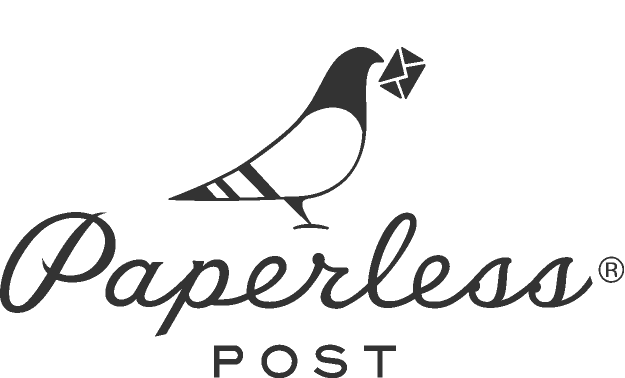How to choose a wedding venue with Mavinhouse Events
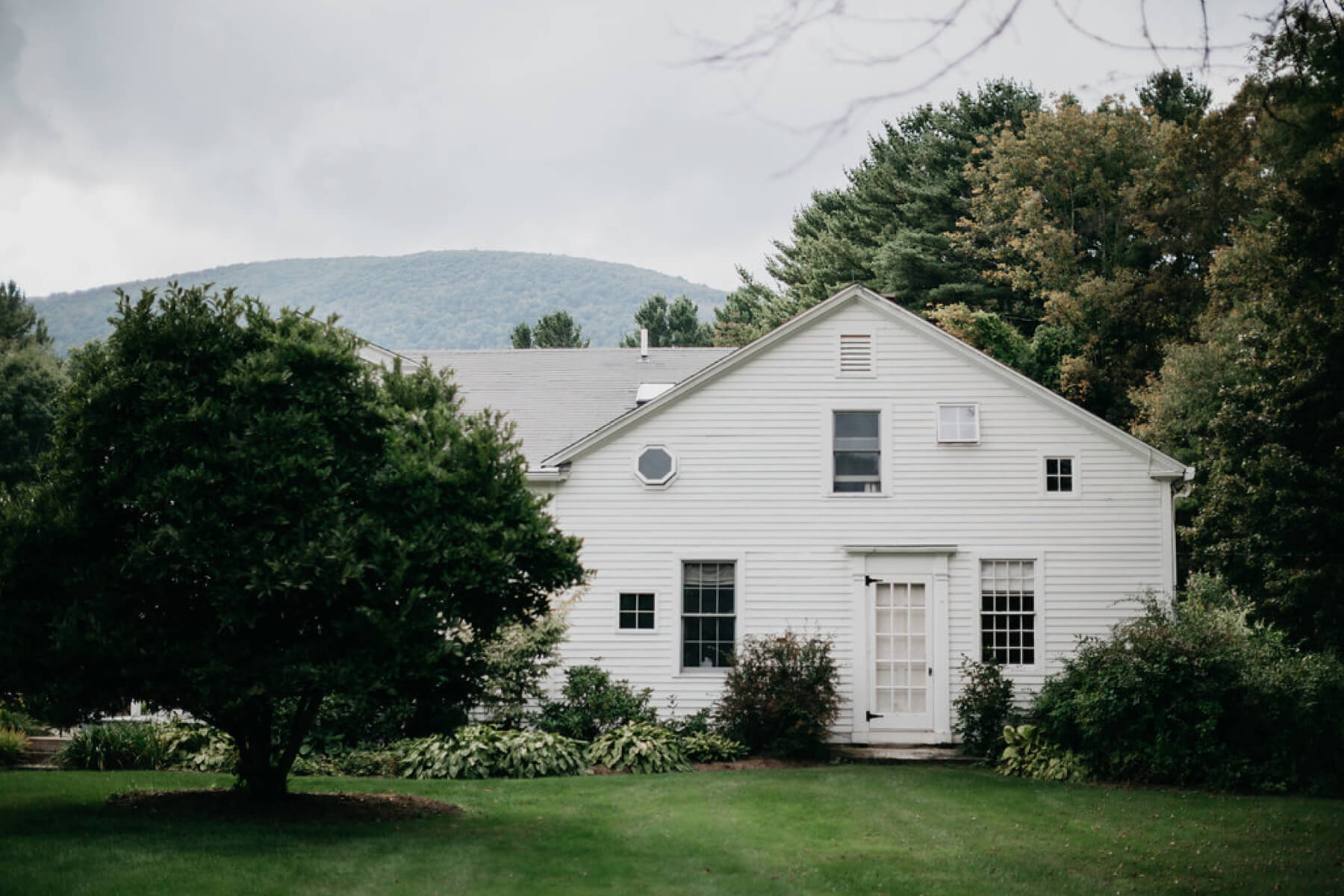
Once you’ve settled on a spouse, the venue is the second biggest decision to make for your wedding. After all, a cake or favors are optional, but you have to get married somewhere. We tapped the wedding masterminds behind Mavinhouse Events, who bring a unique approach to planning for stylish, busy millennial couples across New England that want to be involved in the process of curating and designing their celebration, to find out all the things you don’t know you don’t know when deciding on a venue. Read on for their tips on how to choose a wedding venue, including the three things they ask every single vendor.
Table of Contents
How to find a unique venue
Choose a planner first, then comes the venue. Bring them along for site visits since they have a keen eye for how to maximize a space. They will also know you more intimately than a venue sales manager and be able to advocate for you. Planners tend to know about venues that aren’t yet on your radar rather than the same hall where all of your college friends were married. -Lindsey Shaktman, event planner
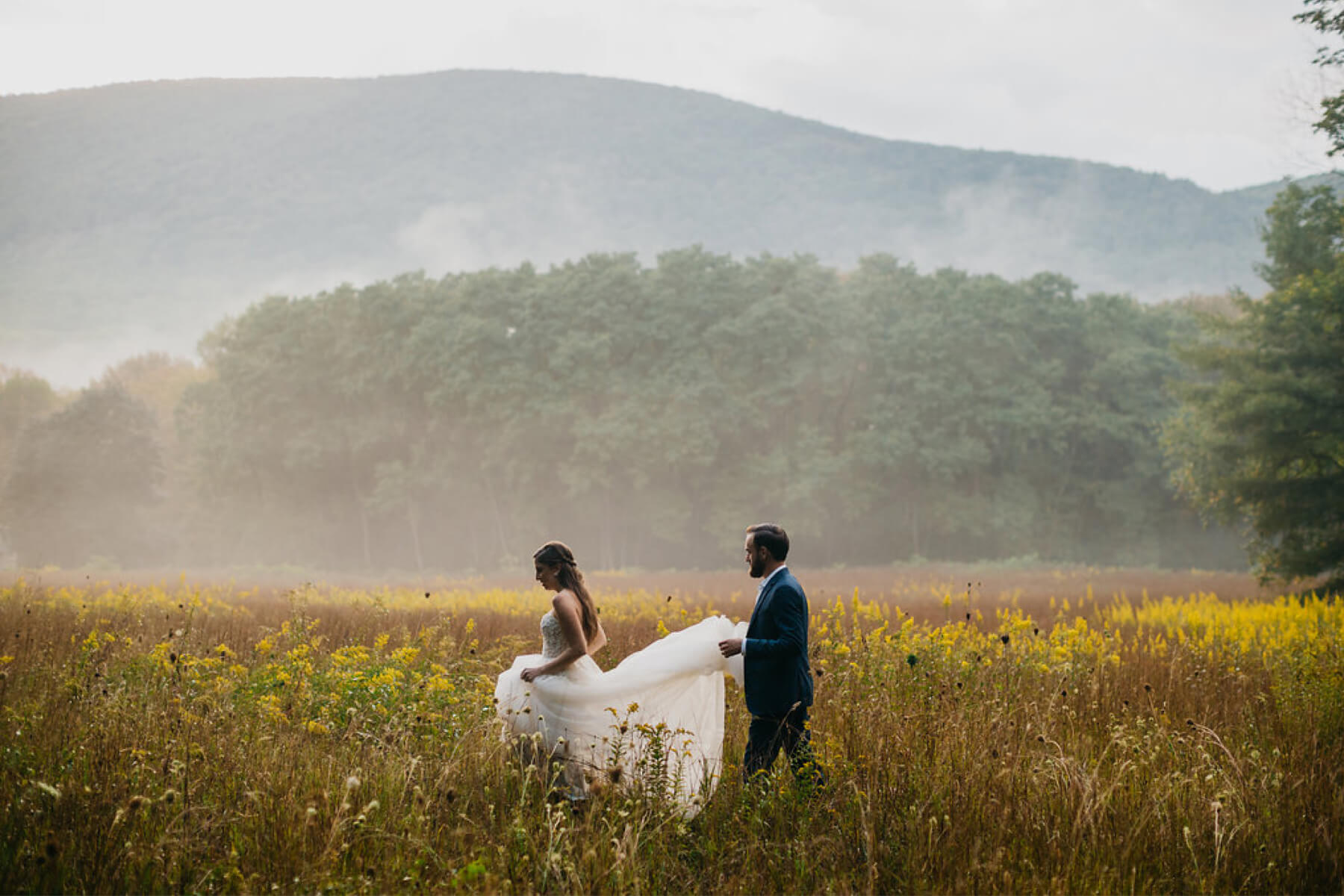
Photo: Lindsay Vann
Style, guest count, and budget are the most important things to figure out when you begin the process of choosing a wedding venue. If you’ve always dreamed of a coastal tented wedding, then don’t bother looking at barns. Stay true to your personal style when considering different venue options—consider how you entertain at home and whether a venue gives you a similar feeling. Next, develop your guest list and only look at venues that will comfortably accommodate all of your guests. Finally, be realistic about your budget. Visit multiple spaces to gain a clear understanding of exactly what is included in a venue’s cost. Make sure you understand how that fits into your overall budget. -Lindsey Shaktman
Three questions to ask
Visit the wedding venue on the same day of the week you would be getting married and (ideally) in that season. A slow Tuesday morning will look different than a Saturday afternoon or night. You’ll see what the venue itself looks like in natural light, what the landscaping looks like, and what the town and larger environment is like—is parking an issue? Are local restaurants or hotels open? What is the weather like in the afternoon or evening? Are bugs a problem? Planner Sarah Kelley let us in on the list of questions she asks every potential vendor when choosing a venue:
- How many events will take place on the same weekend: If they only book one wedding per weekend, you’ll have more access for your vendor team to set up and take down all the decor and infrastructure needed. Otherwise, you may be working against the clock as the venue transitions for another event.
- Guest accommodations: Ask for nearby accommodations if the venue doesn’t accommodate overnight guests.
- Curfew details: Ask how they handle events that go overtime. Some venues, like many historical estates or private properties, will have a local noise ordinance. You don’t want to get to that point in the night where you can pay the band for one more hour only to find out the venue does not allow it!
What to look for in a wedding venue
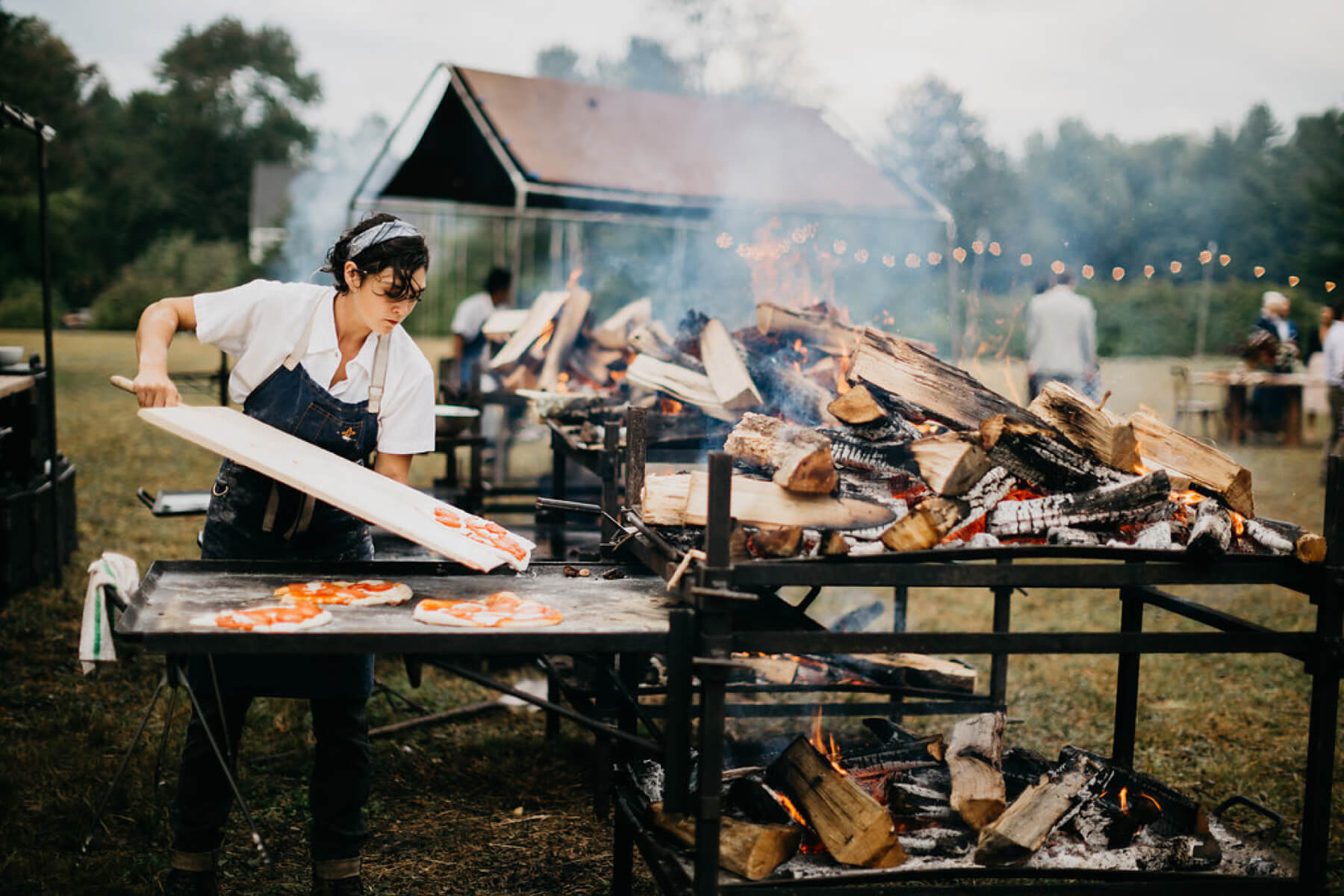 Photo: Lindsay Vann
Photo: Lindsay Vann
Layout
Walkthrough the entire day to envision the flow of the event and where guests will spend their time. For instance, you may want your guests to walk to the ceremony along a specific route to avoid seeing the cocktail and reception setup. This will also help you notice things you may want to change. Ask the venue manager to provide a few examples of floor plans or sketches of layouts that people have used in the past.
Catering
If the catering is provided by the venue, it is important to review the menus before you make the final decision on your venue. Make sure they have items that you have envisioned at your wedding and or are willing to customize based on your taste. Ask for recommendations for a few caterers they work with regularly if they don’t have catering in-house—you’ll want a team that understands the space.
Infrastructure
Everything has a sequence for assembly and teardown so timing will determine what you can bring into a venue. With outdoor tented weddings, there are a number of other things to consider like flooring, lighting, AV, and bathrooms. Ask the venue what time everything can be set up to ensure the most labor-intensive process happens with plenty of buffer time. If there is another event the next day this could mean having to remove the tent overnight which would result in an increase in labor costs.
Transportation
Consider local events that may cause traffic delays or parking issues for guests. If you’re using a bus company, communicate ahead of time to determine the best routes but also a plan B. Ask if there are restrictions on where buses can drop guests off, and if there are multiple entrances to avoid seeing guests before the wedding.
Wedding venue prices
Try and narrow down your focus on one type of venue: barn, city hotel, countryside inn, country club, or private home. If you’re comparing an NYC venue with a New England barn, you’re comparing apples to oranges. Understanding what comes inclusive of your venue fee is also critical—sometimes, venues will include everything you need. Take special care in understanding what included items look like and what it could cost to swap them. You may find a venue that might have everything you need, but nothing you want.
Others will just charge a site fee and you will need to build the infrastructure from scratch. You’ll have a greater opportunity to customize your celebration but may end up spending much more than an all-inclusive venue. You’ll also need to assemble a team that has deep expertise in non-traditional venues. -Sarah Crowell
How to personalize a wedding reception
Photos: Lindsay Vann
If your venue is a blank slate, settle on a palette of two to three colors that can evoke the mood. Use them to build a cohesive theme with the invitations, day-of paper items, linens, and table settings. Elements like fabric draping, mood lighting, and floral design also contribute to the theme.
Decor can really change a space. If you love the great outdoors, adding a fire pit or a tent to the property can give your guests a peek into your personal passions. Or if you proposed in a vineyard, rustic farm tables and wine barrels can echo those warm memories.
Placing custom signage around the property—from the welcome sign, escort card table, and cocktail bar to the dining tables and dessert stations—will immediately make the space feel personalized. –Caitlyn Gilfoil
Getting the word out to friends and family
Leading up to the wedding, your communication with guests will mainly be through your save the dates, invitation suites, and wedding website if you have one. Use these pieces to set the tone for what guests will see and create anticipation for what’s to come. Also, match the “formality” of the paper to the formality of your event. If you are having a relaxed barn wedding, maybe a fancy acrylic invite wouldn’t be the best match.
-Sarah Crowell
The four master planners behind Mavinhouse Events design and produce celebrations throughout the New England and New York regions. Follow along on Instagram @mavinhouse_events.
Venue: check. Invitations? Save the dates? They’re all here.
“Dandelion Harvest” Invitation by Happy Menocal. “Wedding Knot” by Paperless Post. “Syliva I” Save The Date by Paperless Post.
